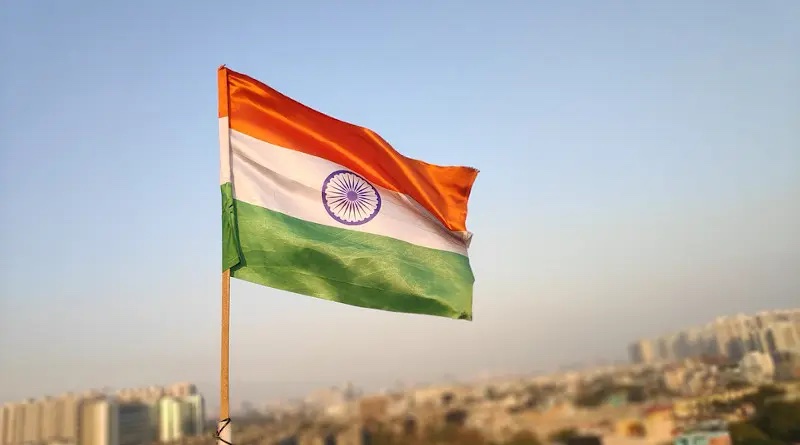WTO Panel Rules Against India In Tariff Dispute – OpEd
The World Trade Organization (WTO) is an international organization that regulates trade and settles disputes among its 164 member countries. On 17 April 2023, a WTO dispute panel issued its report on a case involving India and three of its trading partners: the European Union, Japan and Taiwan. The case concerned India’s import duties on certain information and communication technology (ICT) products, which are essential for the development of the digital economy and society.
The panel found that India had breached its WTO commitments by applying tariffs that exceeded the maximum rates that it had agreed to in its WTO schedule. These tariffs affected a wide range of ICT products, such as mobile phones and components, as well as integrated circuits. The panel recommended that India bring its measures into conformity with its obligations under the WTO Agreement.
The European Union welcomed the panel’s ruling, which confirmed its position that India’s tariffs were illegal and harmed its exports. The EU estimated that up to 600 million euros ($654.66 million) of its exports were directly affected by India’s tariffs on an annual basis. The EU stressed the importance of respecting the rules-based trading system and urged India to comply with the panel’s recommendations without delay.
India has said it plans to appeal against the ruling.
This ruling highlights the ongoing challenges facing the WTO as it seeks to maintain an effective and credible global trading system. With rising tensions between major trading partners and the ongoing impasse over the appointment of judges to the Appellate Body, it remains to be seen how the WTO will navigate these challenges in the years ahead.
The WTO’s ruling on India’s import duties on certain ICT products is expected to have a significant impact on the country’s digital sector and the broader South Asian region. India has been one of the world’s fastest-growing digital markets, and its digital economy is projected to be worth $1 trillion by 2025. However, the country’s import duties on key ICT products have been a barrier to the growth of its digital sector, making it more difficult for Indian companies to access essential technology and components.
The WTO’s ruling could help to remove this barrier and stimulate growth in India’s digital sector. By bringing India’s tariffs in line with its WTO commitments, the ruling could make it easier for Indian companies to access critical technology and components, boosting innovation and competitiveness in the sector. This could also have a positive spillover effect on the broader South Asian region, as India’s digital sector is a key driver of economic growth and development in neighboring countries.
However, there are also concerns that the ruling could have negative implications for India’s broader trade policy. Some experts argue that the ruling could limit India’s ability to use tariffs as a tool to promote domestic industry and protect sensitive sectors from foreign competition. This could have implications for India’s broader trade relationships, particularly with the United States, which has been critical of India’s trade policies in the past.
Overall, the impact of the WTO’s ruling on India’s digital sector and the broader South Asian region will depend on how India responds to the ruling and how it balances its obligations under the WTO with its broader economic and trade policy objectives.
Reportedly, it appears that India has responded to the rulings made by the World Trade Organization (WTO) regarding ICT products by challenging the panel’s decision. India’s argument is that the import tax imposed on various ICT products, such as mobile phones, is not covered under the Information Technology Agreement (ITA), which the country signed in 1996. However, the WTO panel has determined that India has breached the rules of global trade and has advised that India align its policies with its obligations.
The writer is an Islamabad based independent researcher with a Masters in Development Studies and currently pursuing her PHD in International Relations from the University of Wyoming.

